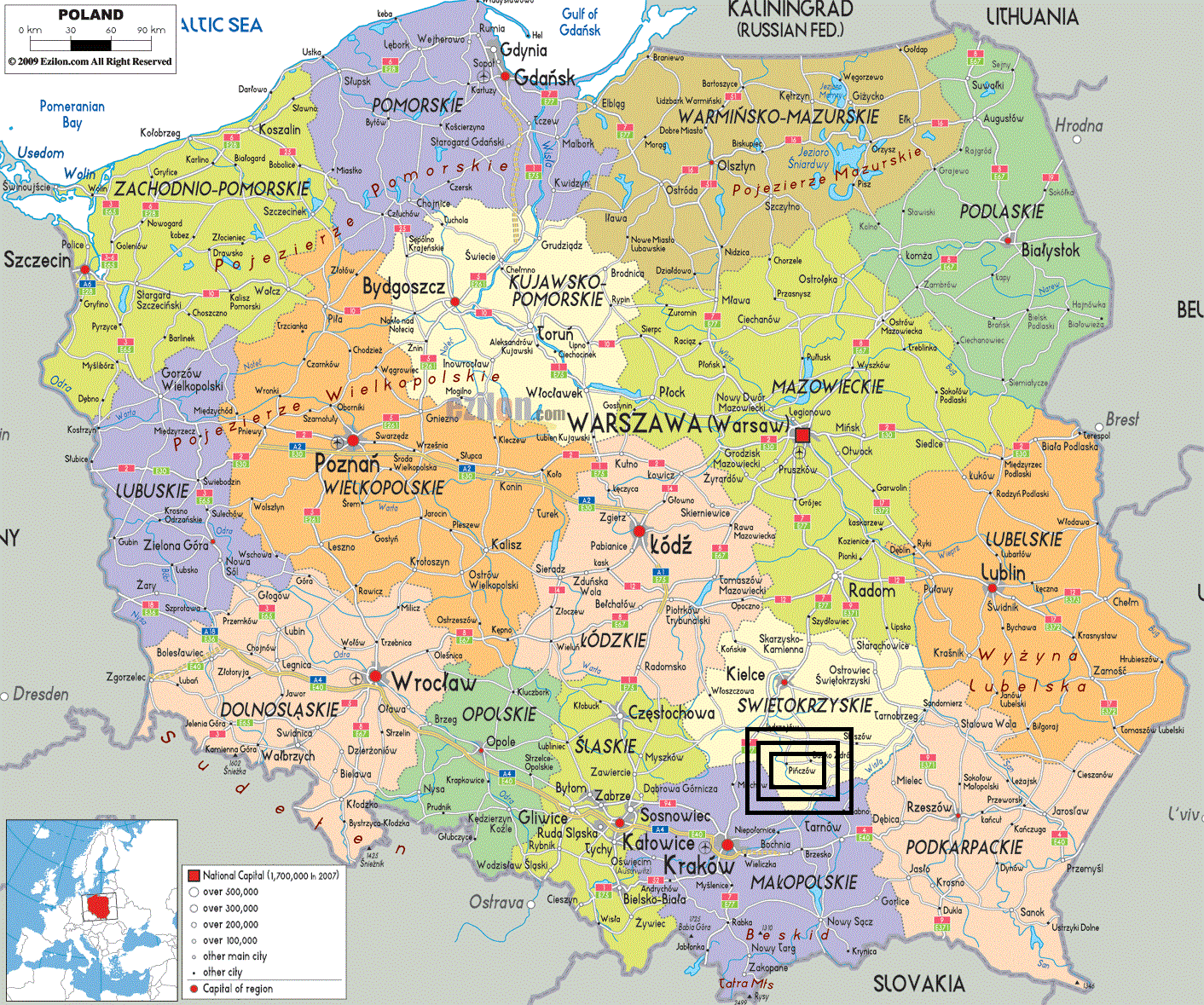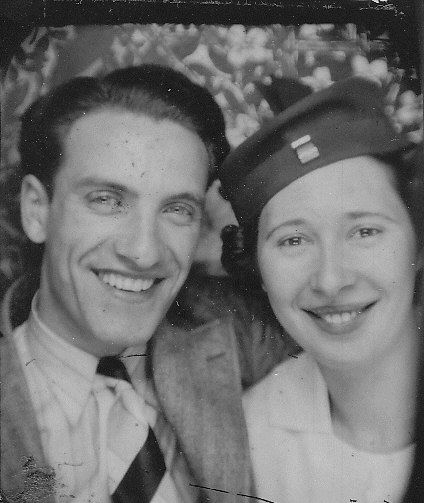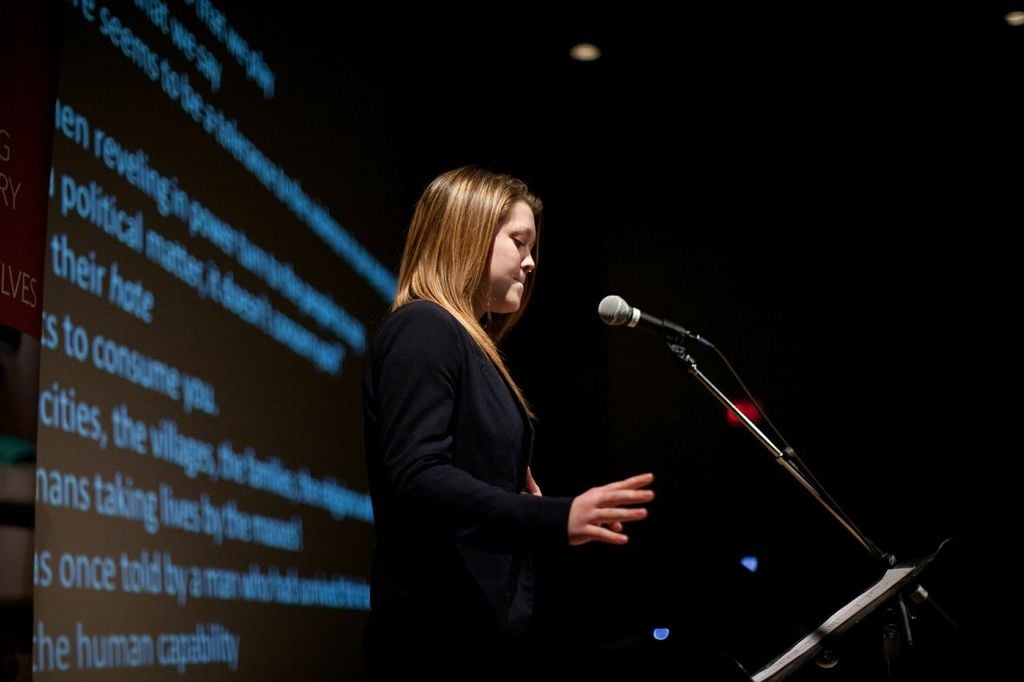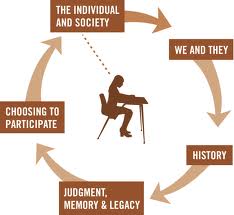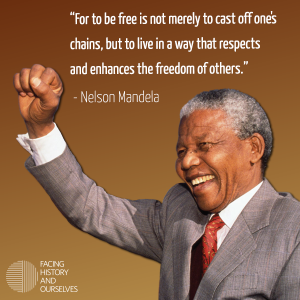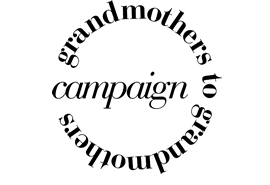Rob Flosman is assistant head of history at Waterdown District High School in Hamilton. This year he is writing for our sister blog InterFacing. I don't want to give away all the details about his incredible project, the goal of which is to make history personal, relevant, and alive for his students and community, because he says it so well himself! With the support of a 2013 Margot Stern Strom Innovation Grant from Facing History and Ourselves, Rob is in the process of creating a truly incredible legacy for his school and community. Click here to read his first blog on the early stages of his project.
Topics: Choosing to Participate, Facing History Resources, Identity, History, Technology, genocide, legacy, Genocide and Crimes Against Humanities Course, CHG, Personal history
This summer, Jack Lipinsky, along with 10 other Facing History and Ourselves teachers from Jewish day schools around North America, participated in a week-long study trip to central Poland. The trip was led by Facing History’s Director of Jewish Education Jan Darsa. It was sponsored by Polish non-profit The Forum for Dialogue Among Nations. His experiences, in particular his visit to the town of Pińczów, impacted him greatly.
Topics: Choosing to Participate, History, We and They, Culturally Responsive and Relevant Pedagogy, In the news, Personal history, reflection
I don't know much about the history of my dad’s family. I used to think that this was because there was not much known. I'm beginning to think differently. What I know about my dad’s side of the family is that my Zaida (grandpa) came in 1920 from what was then Ukraine (now Belarus) as a refugee via a camp in Romania. My Baba (grandma) came in 1914 as an immigrant with her aunt’s family from Ukraine, near Kiev. The legend of the family is that they were on the last boat before World War 1 broke out. My Zaida was a refugee from the same war that my Baba narrowly avoided. I know that after marrying, my Zaida served in World War II before starting a family. He had three children; two daughters and my father. There weren’t too many other details that I knew, especially about the family pre-World War II.
Topics: Choosing to Participate, Identity, History, legacy, Personal history, reflection
As the end of each school year draws near, I feel a great deal of frustration. As students are overwhelmed with culminating assignments or the decisions that they made about completing school work for the previous 9 months, the demands on the teacher expand exponentially as well. As I work with the Growing Success system and school programs such as student success and credit rescue, I struggle to ensure that the decisions that I make maintain the integrity of the course, give students the opportunities they deserve or need, and maintain the intent of the ideals of character education. I find this overwhelming.
Topics: Choosing to Participate, History, Genocide and Crimes Against Humanities Course, Holocaust and Human Behaviour, CHG
As you may have read in other blogs, the “Stand Up, Speak Out” event was an incredible evening of sharing and community. For me it served to exemplify, and personify, the Scope and Sequence of Facing History and Ourselves. On that evening, half a dozen of my students took the stage along with students from three other southern Ontario schools to perform their spoken word pieces. The performances were broken down into the five steps of the Facing History Scope and Sequence:
Topics: Choosing to Participate, Facing History Resources, Identity, History, Urban Education, project, We and They, Strategies, Culturally Responsive and Relevant Pedagogy, genocide, legacy, Genocide and Crimes Against Humanities Course, Holocaust and Human Behaviour, CHG, reflection
Today, former South African President and civil rights leader Nelson Mandela turns 95. In honor of his birthday, citizens around the world are donating 67 minutes of their time to the greater good in honor of the 67 years Mandela dedicated to public service.
If you are donating 67 minutes today, we’d love to hear what you’re doing.
I wanted to do my 67 minutes – theoretically, shouldn’t we do this every day? – but when I started thinking of what to do, I struggled. I often think that my work as a program associate for Facing History is contributing to the greater good. In fact, I think of teachers in schools worldwide as leading lives of public service. So aren’t we, I thought, kind of exempt from such calls to action?
But that feels too easy, (and a bit lazy). So let me ask you, as teachers, are we living lives of public service and, if so, to what aims? What would it look like if we were to commit 67 minutes of our classroom time to public service in a way that would truly honour Mandela?
With that frame in mind, I wonder if we teach and interact in a way that promotes the respect and freedom of students? Do we as educators actively promote peace, integrity, and conscience in our students? Do we fight for equality amongst our colleagues? Do we structure our classrooms and schools to promote harmony and provide equal opportunities for all our students?
And when we speak about Mandela (if that’s how we choose to honour him in our 67-minute class), how do we connect him to our students so that they see him in the monumental way that he spoke to our generation? When we speak about his legacy and his aims, do we address the inequities, the racism, the unofficial apartheids that exist in our communities, or the violence that continues today?
How will you use your 67 minutes of Nelson Mandela-inspired service?
_________________________________________________________________________
Topics: Choosing to Participate, legacy, In the news
When the grandmothers speak, the world will be healed. Hopi prophecy
Posted by Robert Flosman on April 29, 2013
Grandmothers of Steel
When my Grandmother spoke, I listened. She survived Nazis, Communists and grandchildren. Yet she always had time for making schnitzel. Grandmothers are special; we know this. The partnership our students have formed with a very special grandmother has been inspiring. Her name is Lisbie Rae and over the last 2 months she has made regular visits to our classroom. This energetic and inspiring woman is a part of the Grandmothers of Steel! This amazing group has partnered with the Stephen Lewis Foundation (SLF) and with TD Canada Trust, raising over $200, 000 in the last 4 years to help grandmothers in Africa. Grandmothers helping grandmothers! What makes this program such a great fit for a Facing History Classroom is that Grandmothers of Steel and TD has given our class $250 to spend as Lisbie calls it, “seed money.” Students brain storm fundraising ideas and are given what they need to buy supplies and then the profits are donated back, while returning the $250 for next year. This concept is known as Table Banking. Table banking is used in Rwanda to help grandmothers there raise their orphaned grandchildren. Rwanda is a central unit in teaching Genocide. What better way to connect students to the history than to fundraise for the survivors of Rwanda. Students are able to study the genocide and then help with the healing.
Topics: Choosing to Participate, Innovative Classrooms, Memorial

